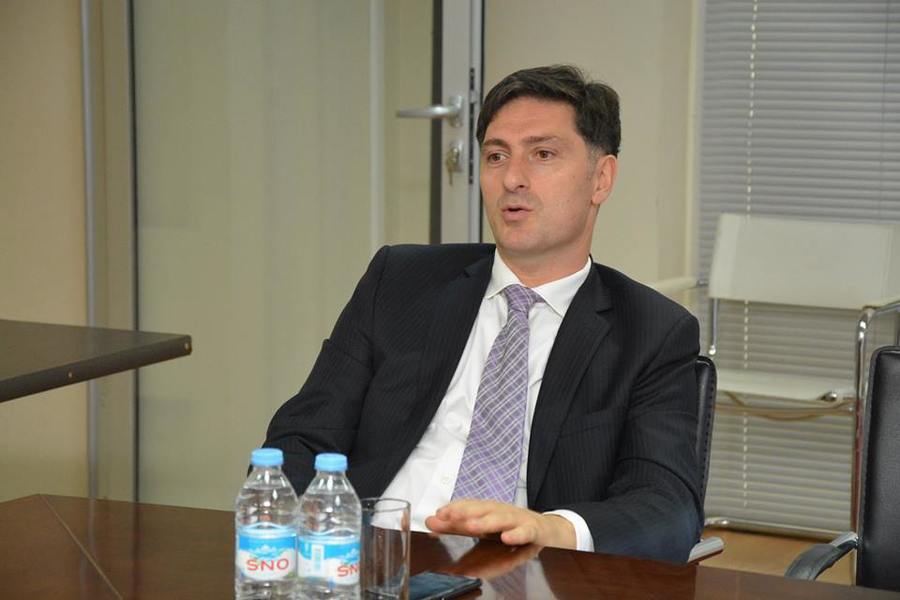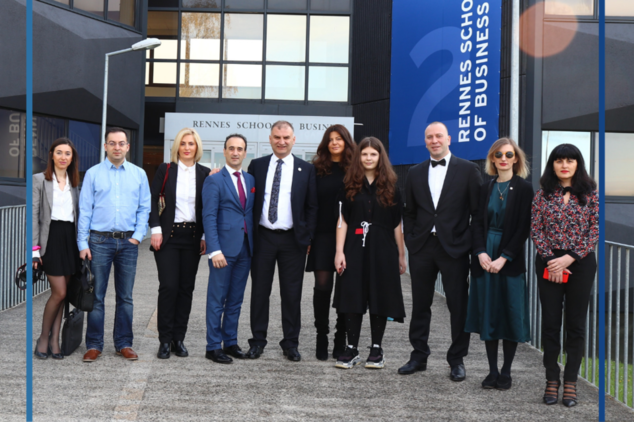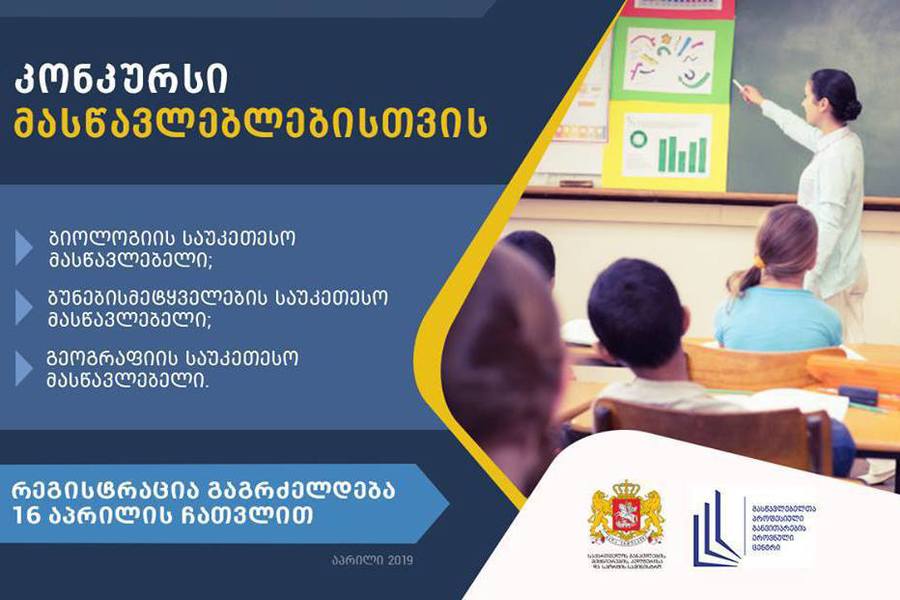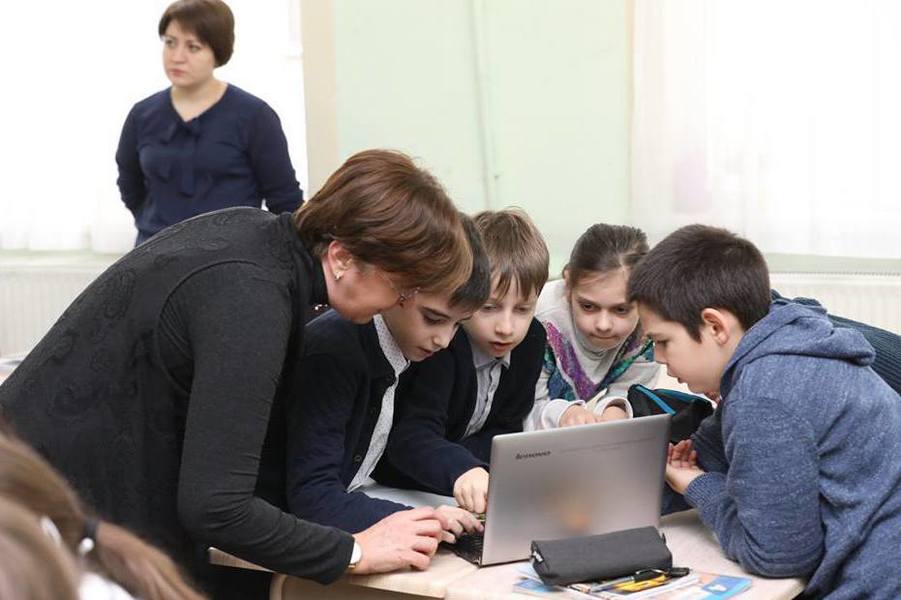Subject - General English
Theme - Newspaper Articles
Length if lesson - 45 mins. |
Lesson goals - searching information, work vocabulary, development of research skills.
Lesson Body
(List steps and procedures)
Newspaper Articles
The method of organising onformation in paragraph form is typical of news articles, whether in radio and television broadcasts or in newspapers and magazine. This method is known as the inverted pyramid or ,,from greatest to least” method. The title or lead sentence in news articles answers six questions - who, what, where, when, why and how. The purpose of the inverted pyramid is to supply the reader with essential information in rapid. (Note: Not every opening sentence encompasses all six items of information). Sometimes the lead requires several sentences in the information is lemgthy.
Task
1. Model: Categorize information from the lead sentence below.
Earlier today. Coal miners in northern West Virginia, in order to begin a new era of prosperity for the area, used the latest in technology to open a new vein for consolidatied mines.
Who:
What:
Where:
When:
Why:
How:
II Activity: Combine the following information into lead sentences:
Who: Daisy, a Guarnsey heifer
What: blue ribbon at the state dairy exhibition
Where: Nanner, ldaho
When: May 2
Why: output of milk in butterfat
How: impressed the entire panel of judges
Lead: Daisy, a Guernsey heifer impressed the entire panel of judges by making output of milk high in butterfat, won a blue ribbon at the state dairy exhibition in May in Danner, ldaho.
a)
Who: archeologists
What: announce a new excavation
Where: Roman Forum
When: Saturday, September 6
Why: to link legendary information about Romus's wall scientific and architectural fact.
How: supported by the Museum of Roman civilization.
Lead:
b)
Who: Olympic Qualifying Committee
What: report on a trend toward younger participant in athletics.
Where: in Seoul, Korea
When: late last winter
Why: to encourage beginners
How: international broadcast
Lead:
Evaluation
- filling questionnaire
- finding articles and designing the similar questionnaire.
წაიკითხეთ სრულად








